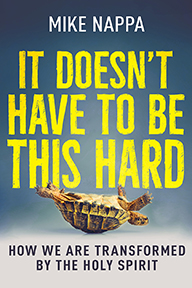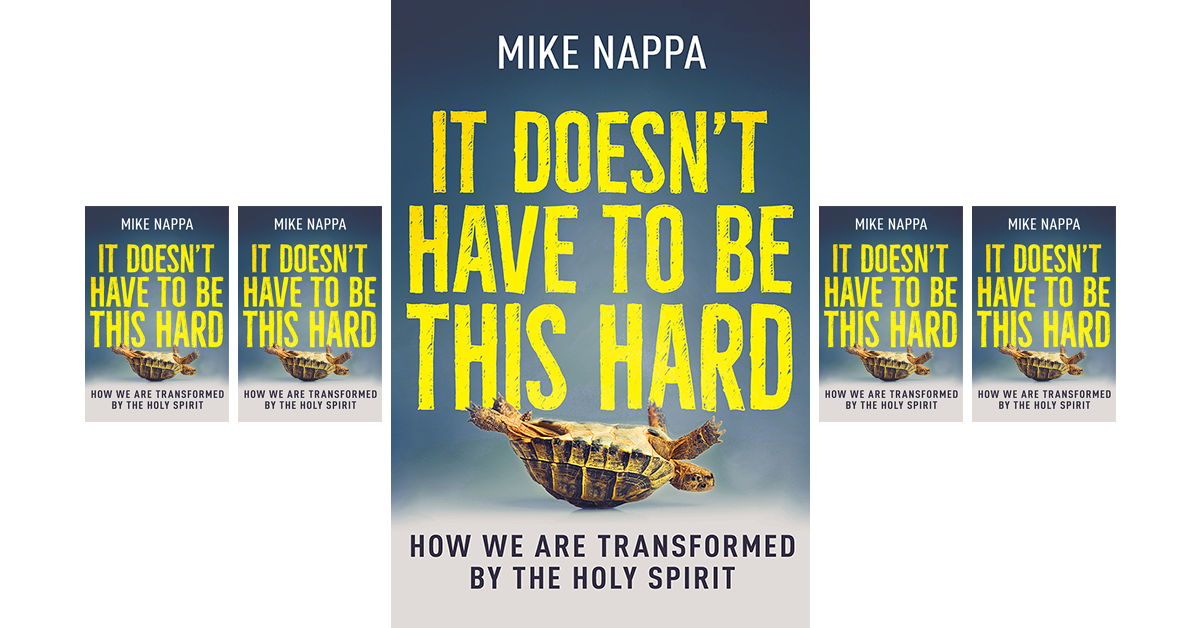An Editorial Team reason for rejection
Imagine that you and I are professional bakers. We’ve got a recipe for Chocolate-Raspberry Muffins that our customers simply love, and so we agree to work together to bring those to market. I promise to do the actual cooking, the messy measuring-and-mixing work in the kitchen. You promise to supply the ingredients needed to make our delicious muffins.
Now, you and I both know that this recipe requires chocolate chips, eggs, flour, milk, baking soda, salt, and fresh raspberries. So it’s not unreasonable for me to expect you to bring those things to the kitchen. But what if you show up with a lumpy bag containing only chocolate chips and eggs?
Well, I could make Chocolate Scrambled Eggs…but not Chocolate-Raspberry Muffins.
Or what if you delivered to me baking soda, salt, chocolate and raspberries, but left out the flour and milk? Well, again, without the complete ingredients I simply can’t make the full recipe.
Unfortunately, this is the way some authors view their proposal submissions. They send the parts they like (chocolate! raspberries!), and either ignore the need for other necessities in the “contract approval recipe,” or provide cheap, poorly-made ingredients that simply can’t stand in for the quality required in baking.
Please understand this: If you want me to cook with you in the publisher’s symbolic kitchen, you’ve got to give me all the ingredients I need to have success with the publishing recipe. The place to do that is in your proposal.
Typically speaking, every book pitch you send out should include all of the following proposal elements:
• A compelling title and subtitle
• Short (one paragraph) at-a-glance summary of the book’s content
• Short summary of your author bio / credentials
• Short description of series potential (mostly for fiction only)
• Manuscript details (such as word count, completion time frame, and shelving category)
• Clear identification of your book’s primary target audience, along with potential secondary audiences that could add on sales
• Clear, compelling statements of reader benefits (that could be used in marketing copy)
• Competitive analysis of books like yours that are already in the market
• Annotated table of contents, with chapter-by-chapter content summaries (for nonfiction)
• Plot summary (for fiction books; best to keep this at around 500-1,000 words)
• Compelling writing samples (introduction and at least one full chapter for nonfiction; full manuscript for fiction)
There are also additional elements you can add to your proposal that are helpful—such as a list of potential endorsers, PR possibilities, or even a mockup of an advertising piece—but those are not essential. The things that are essential are the bulleted items above. If you send me a proposal without these ingredients, chances are good I’ll view it as incomplete—and reject your book.
What You Can Do About It
1. Don’t omit anything an editor expects.
Before today you might have been able to plead ignorance when it came to preparing your book proposals. Ah, but with knowledge comes responsibility. Now that you know what I have to have to succeed with your proposal, you have no excuse.
So don’t send a proposal unless it’s complete. If that means you have to take extra time or postpone your submission schedule, so be it. You’ll do better by including everything I need anyway, so it’ll be time well spent.
2. Don’t do a shoddy job on anything the editor expects.
Some authors live by the rule that “anything is better than nothing” or “good enough is good enough.” Unfortunately, neither of those philosophies is true.
The only thing worse than sending me an incomplete proposal is sending me complete crap in your proposal. Your proposal should reflect clear, competent thinking that’s reinforced by the superb samples of your writing. If you’ve rushed through your competitive analysis, or don’t actually understand how to articulate reader benefits in a compelling way, you’ve wasted what little time you spent on those things.
Remember, good enough is never good enough. Make sure you submit only your best, from beginning to end.
3. Don’t pitch to me until you are absolutely sure you’ve got all the ingredients I need to succeed with your proposal.
Before you send me your work, the one gift you have is time. As long as my company is in business, I’ll be considering book proposals—yours included. (And if I can’t stay in business, do you really want to publish with me anyway?) So take the time you need to prepare a complete, effective proposal package before you send it to me.
After all, you’re only going to get one chance for this book to make a good impression on me. Be sure to make it count.
Looking for more? Check out these links:










